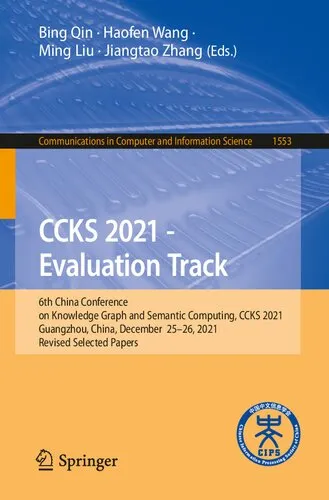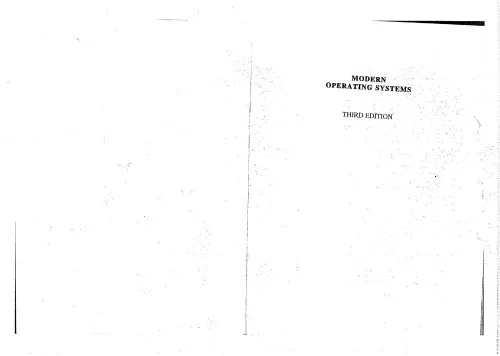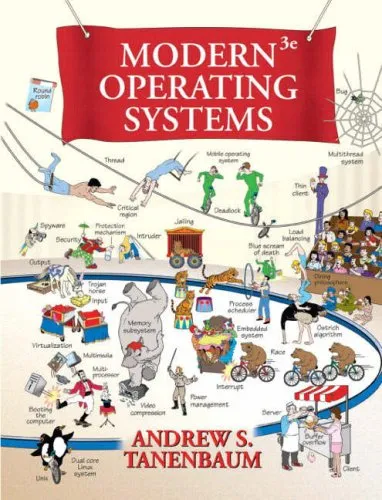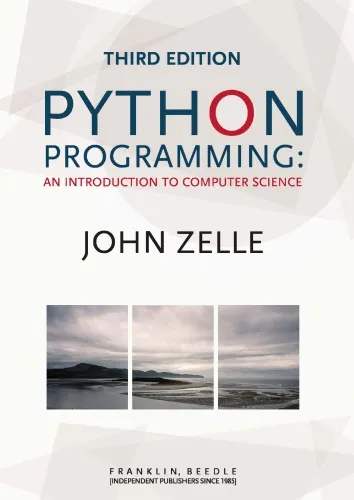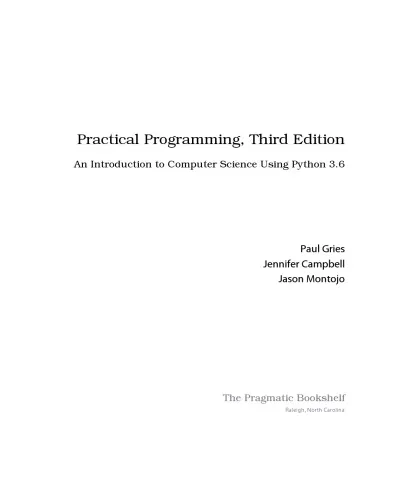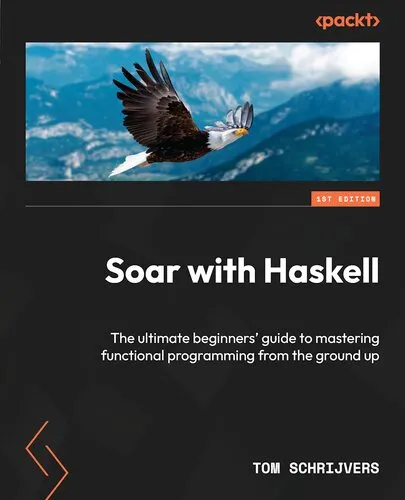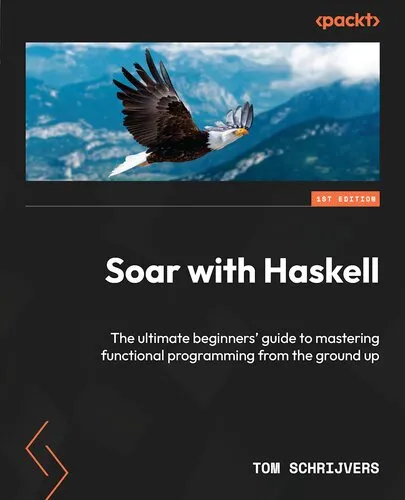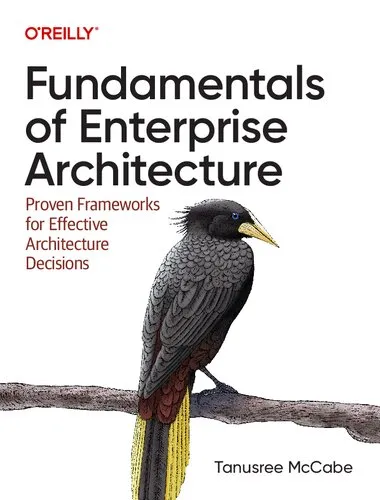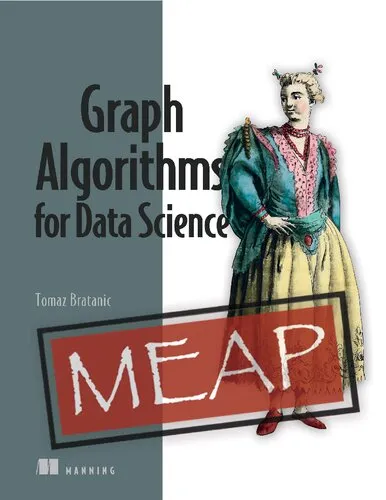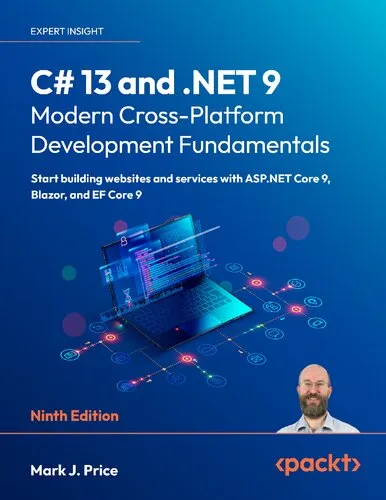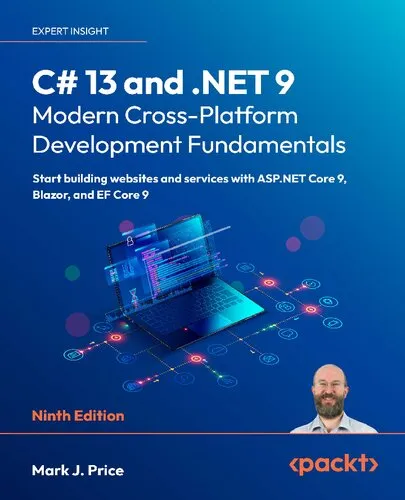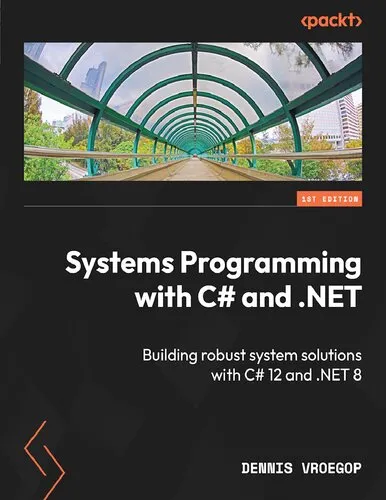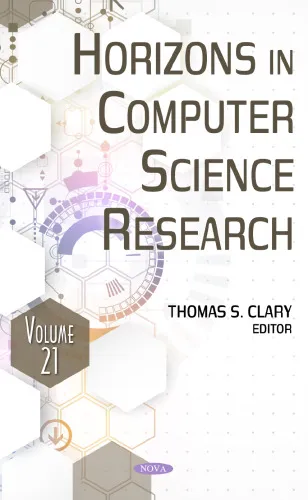CCKS 2021 - Evaluation Track: 6th China Conference on Knowledge Graph and Semantic Computing, CCKS 2021, Guangzhou, China, December 25-26, 2021, ... in Computer and Information Science)
4.0
Reviews from our users

You Can Ask your questions from this book's AI after Login
Each download or ask from book AI costs 2 points. To earn more free points, please visit the Points Guide Page and complete some valuable actions.Related Refrences:
Introduction to "CCKS 2021 - Evaluation Track"
The book "CCKS 2021 - Evaluation Track: 6th China Conference on Knowledge Graph and Semantic Computing, CCKS 2021, Guangzhou, China, December 25–26, 2021," presents scholarly contributions and insights from one of the most noteworthy conferences in the field of knowledge graph research and semantic computing. This publication is part of the distinguished "Communications in Computer and Information Science (CCIS)" series, ensuring its applicability and relevance to scientists, researchers, and practitioners alike.
Organized in December 2021, the China Conference on Knowledge Graph and Semantic Computing (CCKS) is recognized as a leading platform for discussing advancements in AI domains such as semantic understanding, natural language processing, and knowledge representation. This book gathers competitive works submitted to its evaluation track—designed to challenge participants with real-world tasks while highlighting novel methodologies and tools.
Through comprehensive research papers and evaluations, "CCKS 2021 - Evaluation Track" reflects progress in a range of themes, such as entity recognition, relation extraction, knowledge graph completion, and automated reasoning solutions. It provides readers with insights into the cutting-edge trends shaping AI innovation and the thriving knowledge graph ecosystem.
Detailed Summary of the Book
The book is structured to spotlight crucial developments resulting from the CCKS 2021 Evaluation Track, which tackled some of the central challenges in semantic computing and knowledge graph research. Each chapter explores submissions and solutions that demonstrate incredible creativity and technical expertise in tackling predefined tasks.
These evaluation tasks included pivotal AI challenges, such as Zero-Shot Entity Linking, Chinese Medical Text NER (Named Entity Recognition), and more. Each problem statement pushed participants to innovate scalable approaches for enhanced semantic analysis and data interoperability in specific domains.
In addition to showcasing winning techniques from different teams, this book highlights the variety of tools, algorithms, and models employed across multiple evaluations. For example, it dives into neural models, transformer-based architectures (such as BERT), fine-tuning methods, and ensemble learning, presenting a roadmap for future exploration in the fields of artificial intelligence and data science.
The collaborative nature of this conference also encouraged industry leaders and academic institutions to converge on defining solutions and addressing gaps in semantic understanding technologies. Thus, the book serves not only as a technical source but also as a comprehensive record of collaborative efforts critical to the AI domain.
Key Takeaways
Readers of this book can expect to gain a variety of actionable insights and unique academic contributions. Some of the key takeaways from this volume include:
- An in-depth analysis of several knowledge graph evaluation tasks, shedding light on innovative problem-solving methods.
- Comprehensive discussions on mastering key AI tools, including machine learning, deep learning frameworks, and linguistic models.
- Benchmark results to gauge state-of-the-art progress and clarify achievable goals for knowledge graph tasks and semantic research.
- A thorough exploration of community standards for knowledge graph construction, evaluation protocols, and collaboration strategies.
Famous Quotes from the Book
Here are a few standout quotes that encapsulate the mission and impact of this book:
"Knowledge graphs are an indispensable pillar of AI's future, enabling machines to connect, contextualize, and reason with humanlike understanding."
"The true power of semantic computing lies not in isolated breakthroughs, but in the collaborative spirit that drives systematic progress."
Why This Book Matters
"CCKS 2021 - Evaluation Track" is more than just a collection of research papers—it is a testament to the growing importance of knowledge graphs and semantic computing in modern AI landscapes. At a time when data is abundant yet fractured, this book provides the blueprint for connecting disparate datasets into actionable, meaningful knowledge representations.
The strategies outlined in this book demonstrate the increasing sophistication in AI research and serve as building blocks for future technologies in natural language processing, cognitive computing, and decision-making systems. By documenting methodologies and sharing benchmark datasets, it empowers researchers and industry practitioners to create unified, smarter AI-driven systems.
Furthermore, the highly practical nature of the CCKS evaluation tasks ensures the book serves as a resource for solving real-world problems across diverse industries, such as healthcare, finance, and e-commerce. Its impact on researchers, students, and enterprises alike solidifies the book as a cornerstone in modern AI literature.
Free Direct Download
You Can Download this book after Login
Accessing books through legal platforms and public libraries not only supports the rights of authors and publishers but also contributes to the sustainability of reading culture. Before downloading, please take a moment to consider these options.
Find this book on other platforms:
WorldCat helps you find books in libraries worldwide.
See ratings, reviews, and discussions on Goodreads.
Find and buy rare or used books on AbeBooks.
1161
بازدید4.0
امتیاز0
نظر98%
رضایتReviews:
4.0
Based on 0 users review
Questions & Answers
Ask questions about this book or help others by answering
No questions yet. Be the first to ask!
